Die Menschen bei EurA gestalten Zukunft. Sie treiben aktiv ihre eigene Weiterentwicklung voran. Sie setzen die Keimlinge für das Wachstum unserer Kundinnen und Kunden. Und mit ihnen werden bahnbrechende Ideen in die Tat umgesetzt, die die Welt von morgen bereits heute ein Stück besser machen. Unser Tun sichert und schafft Arbeitsplätze, hebt die Lebensqualität der Menschen und hat eine nachhaltige Entwicklung von Technologien stets im Blick.
Neugierig geworden?
Dann bewerben Sie sich jetzt bei uns. Gestalten Sie Ihre Zukunft bei EurA!

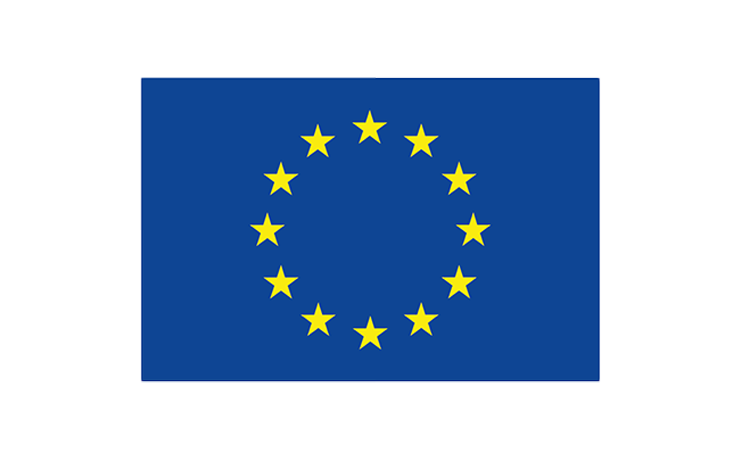
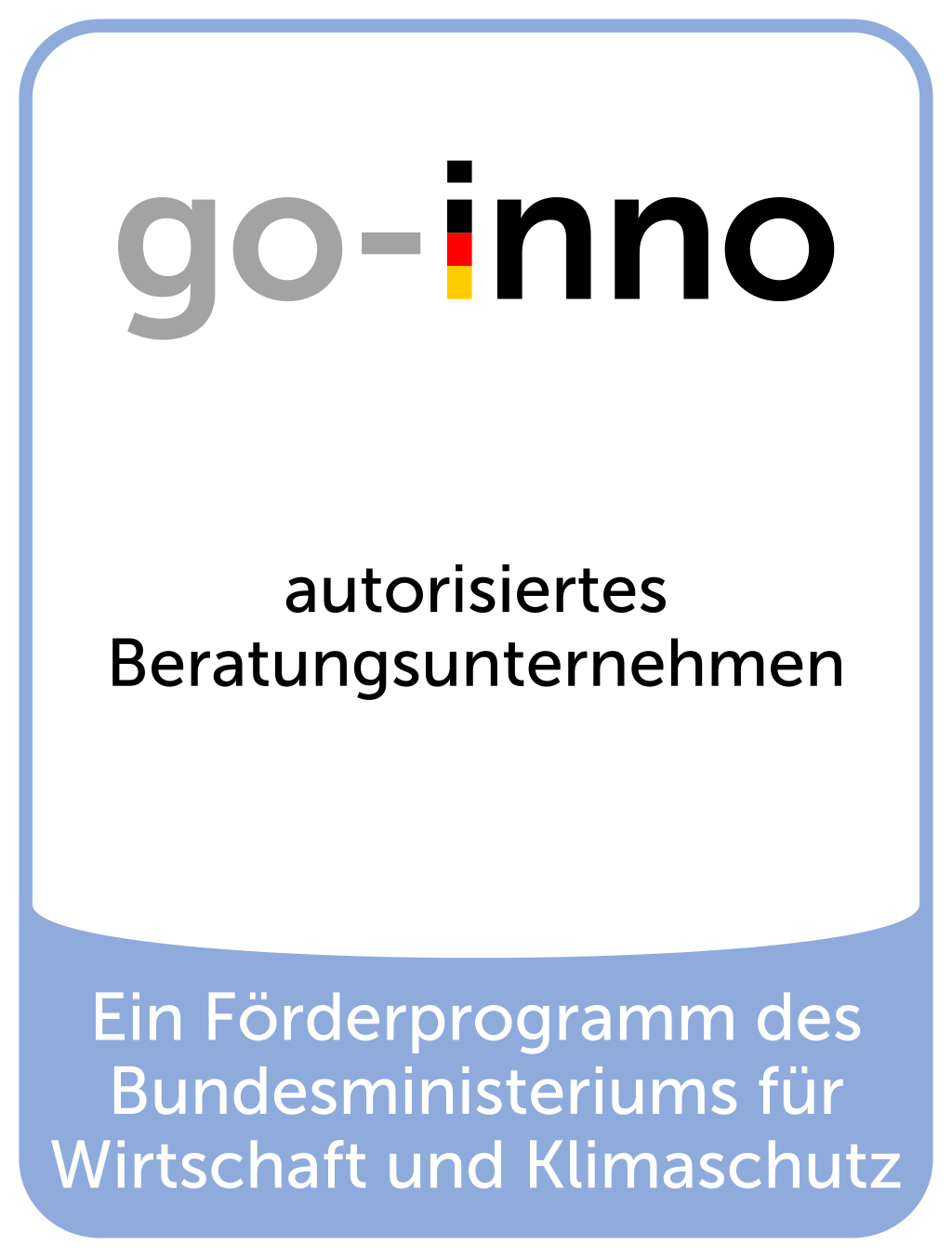
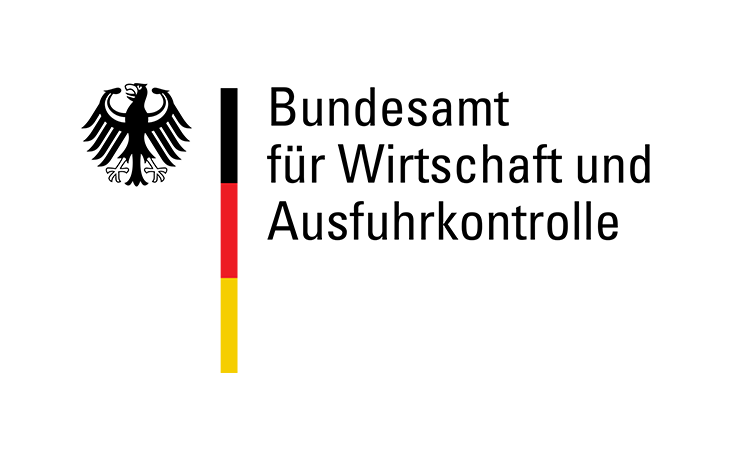
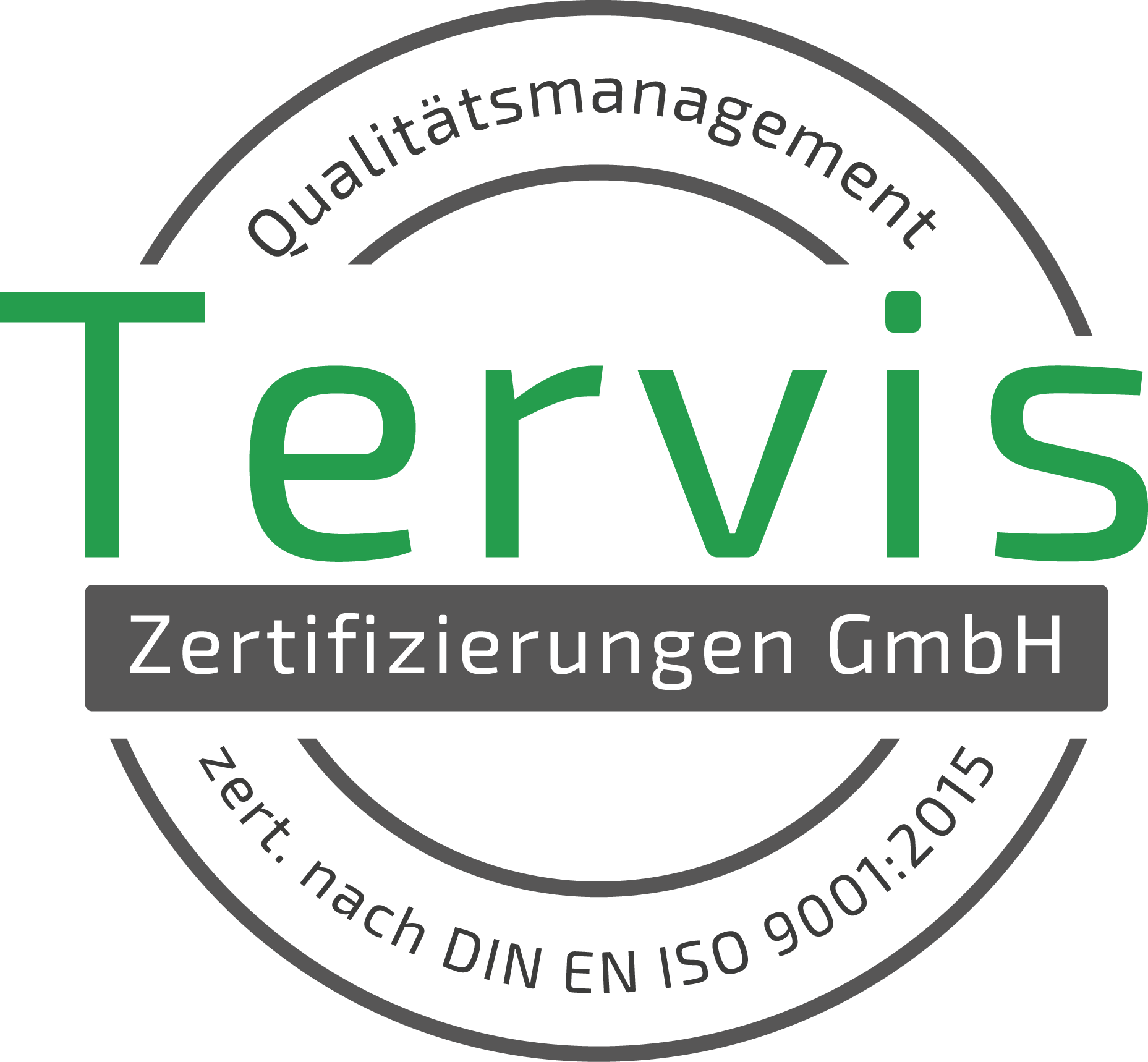
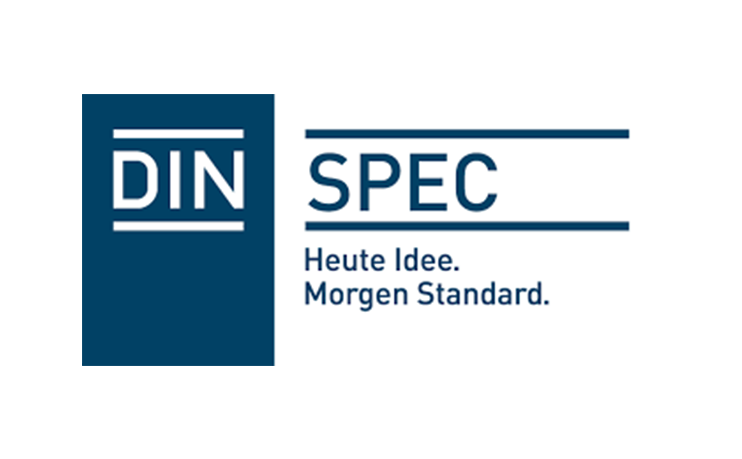


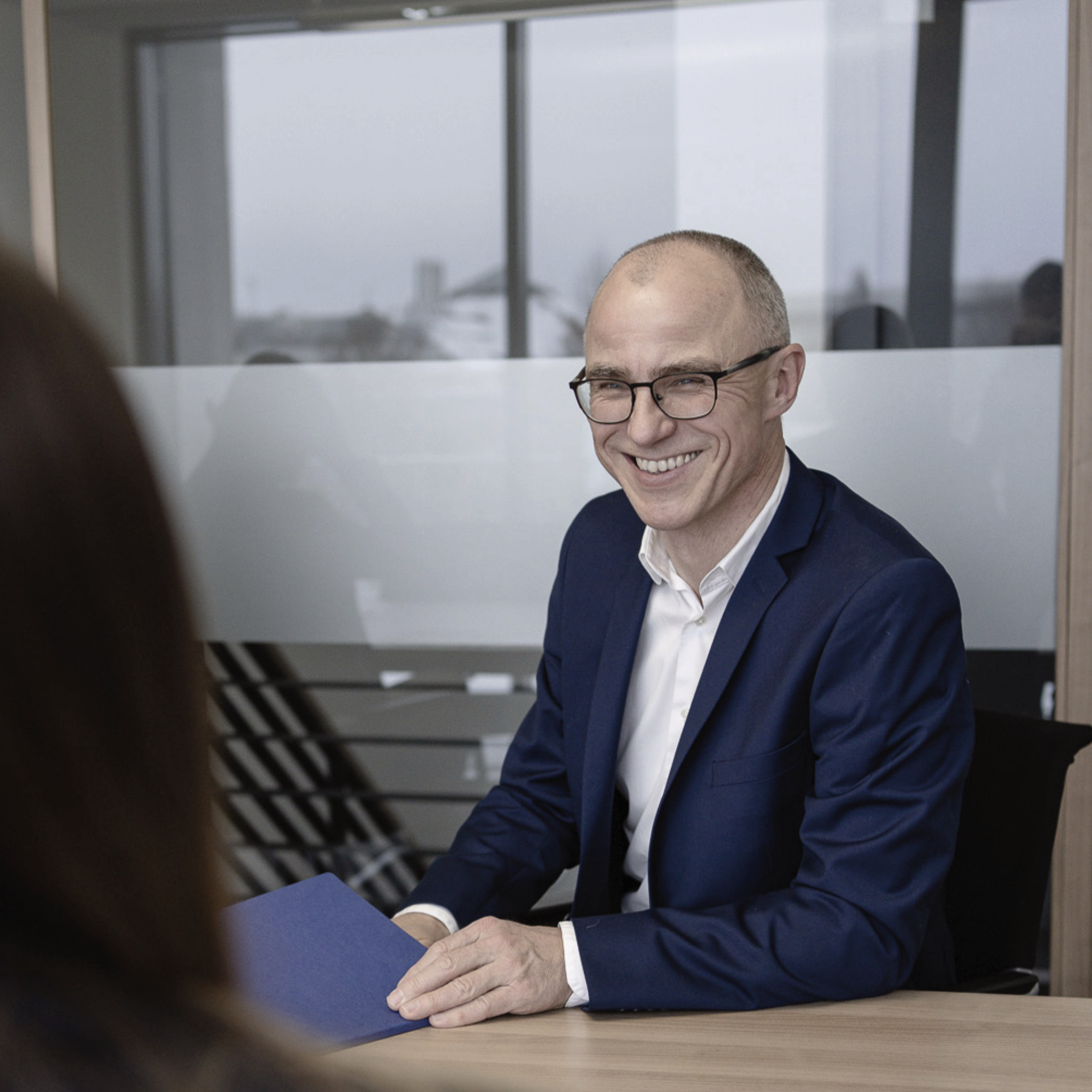



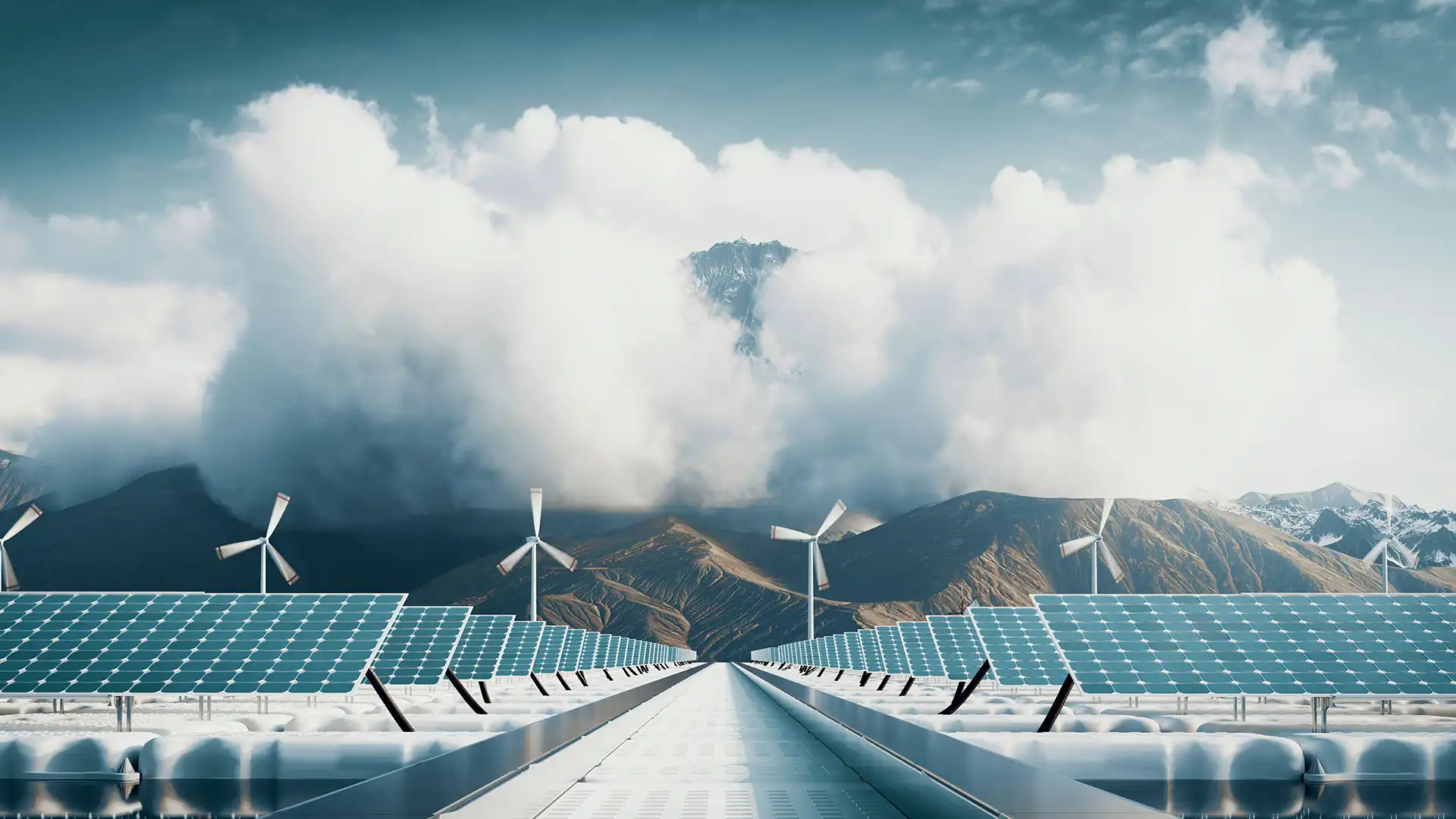
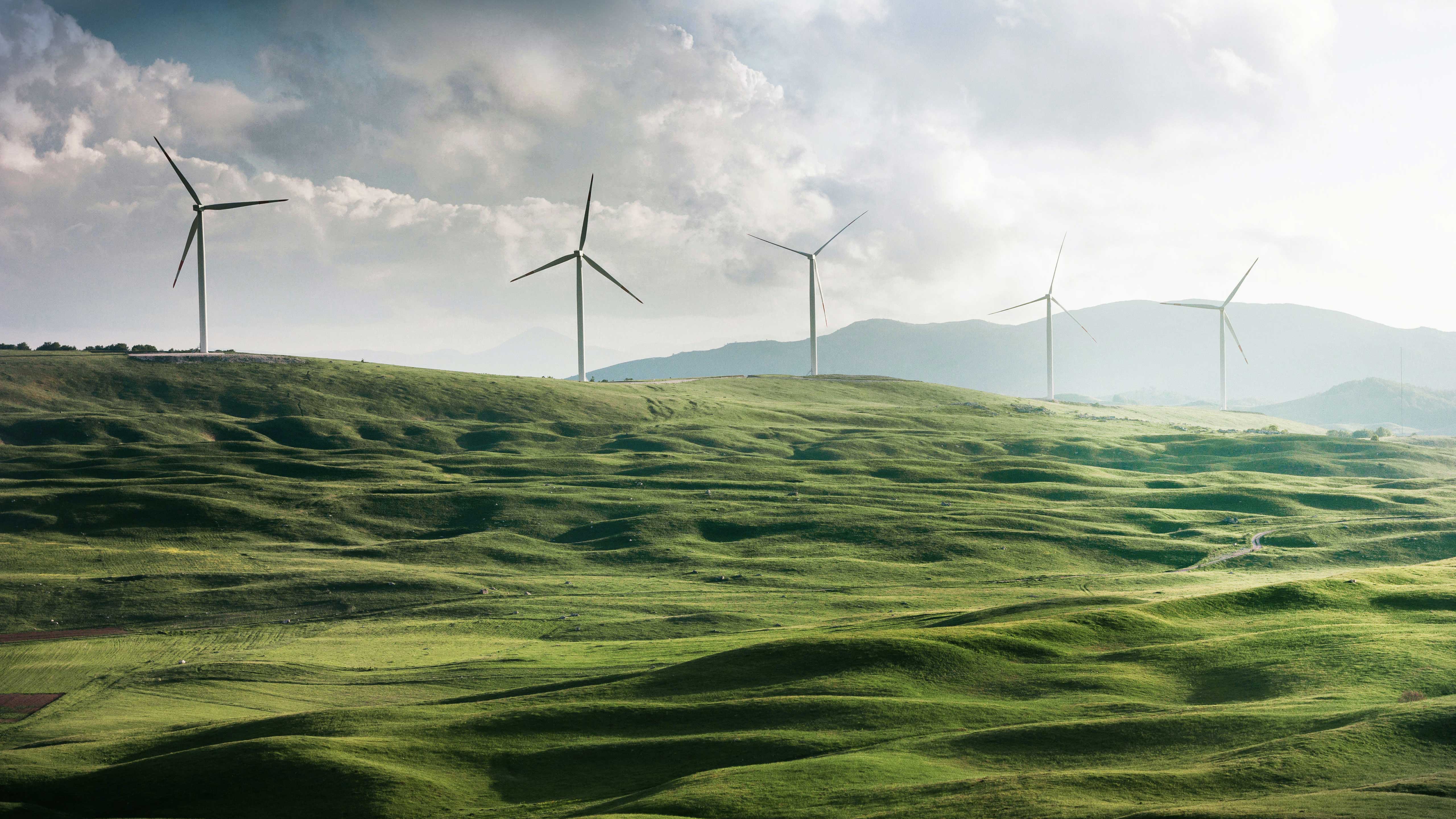
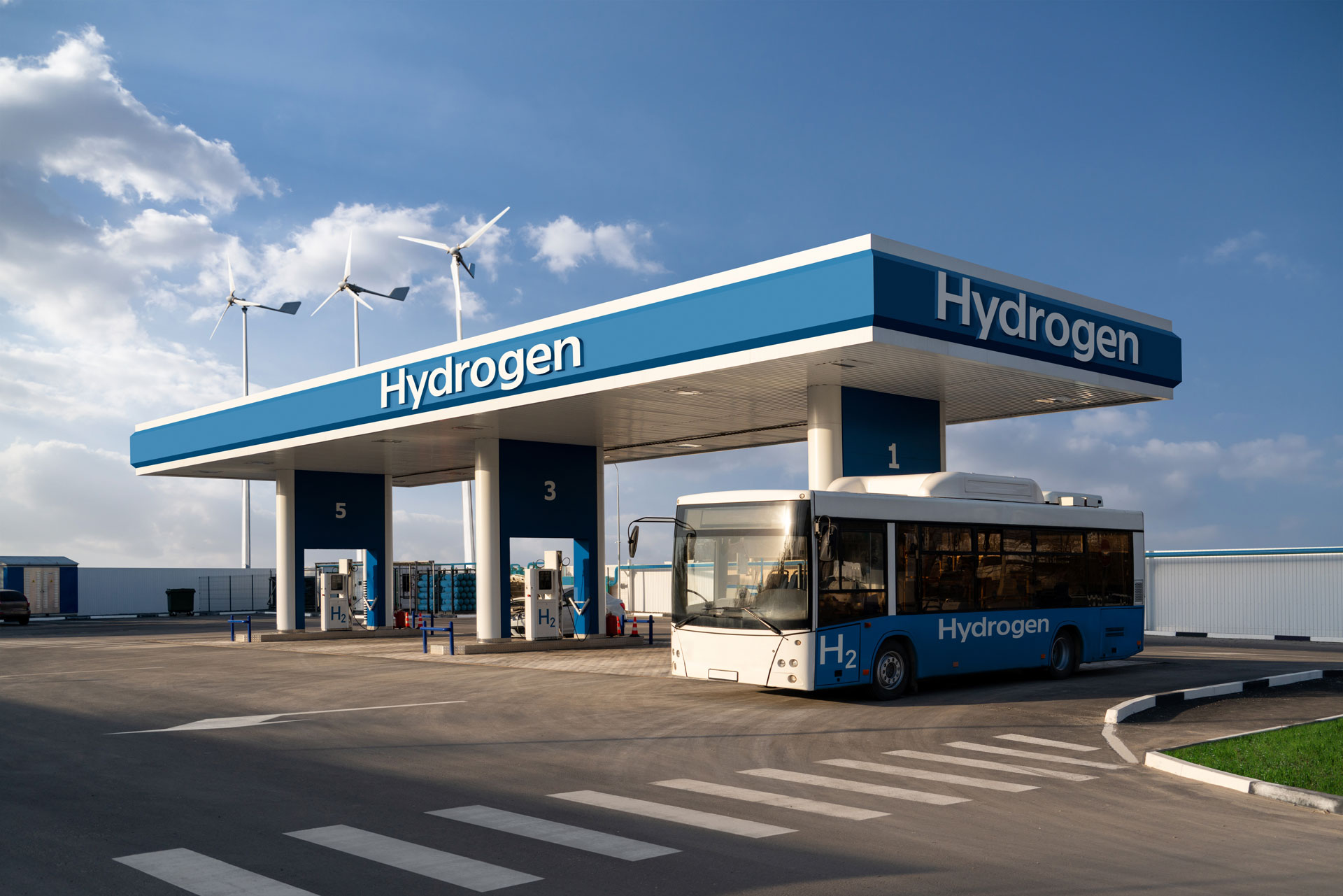

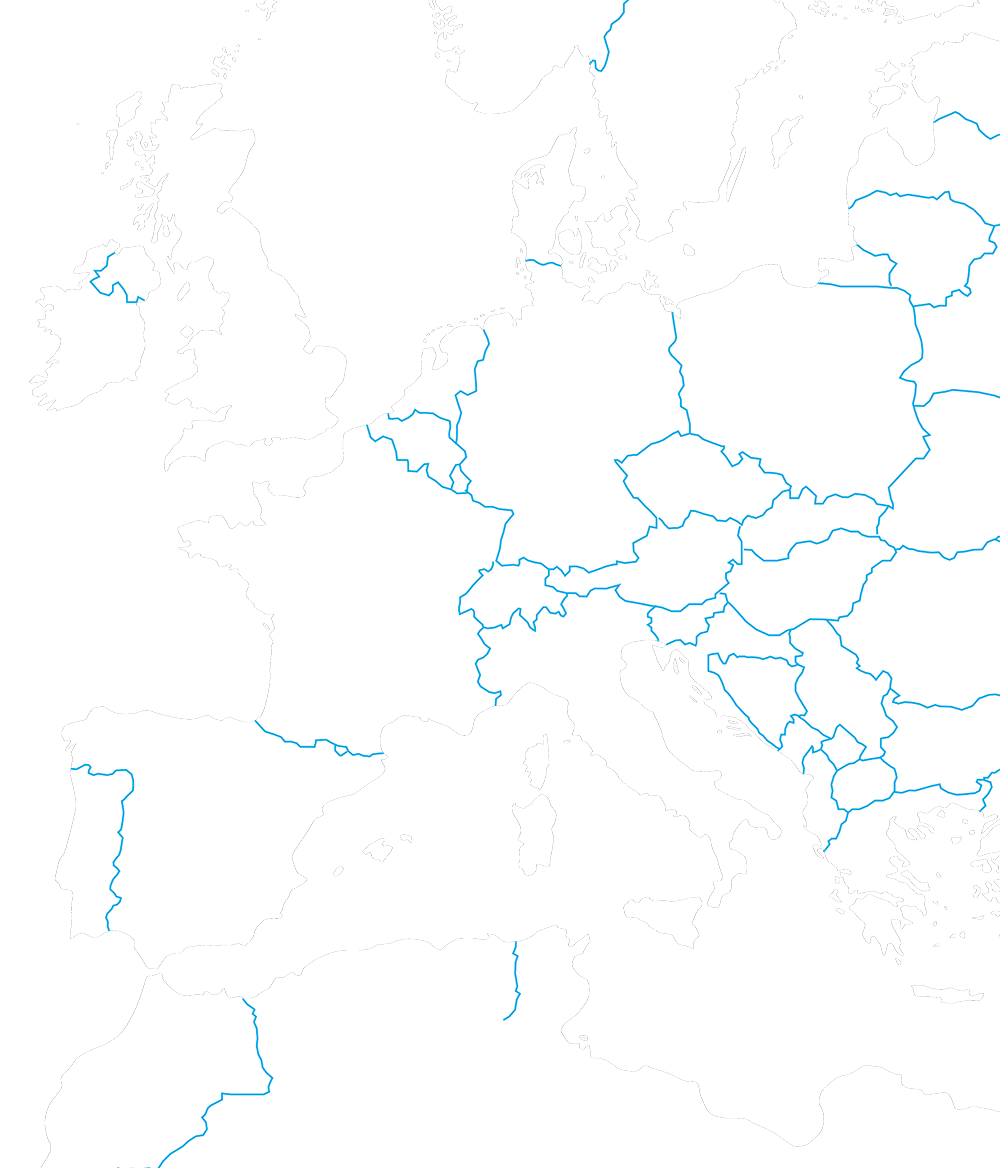

EurA AG
T- 079619256-0Max-Eyth-Straße 2
73479 Ellwangen
info@eura-ag.com